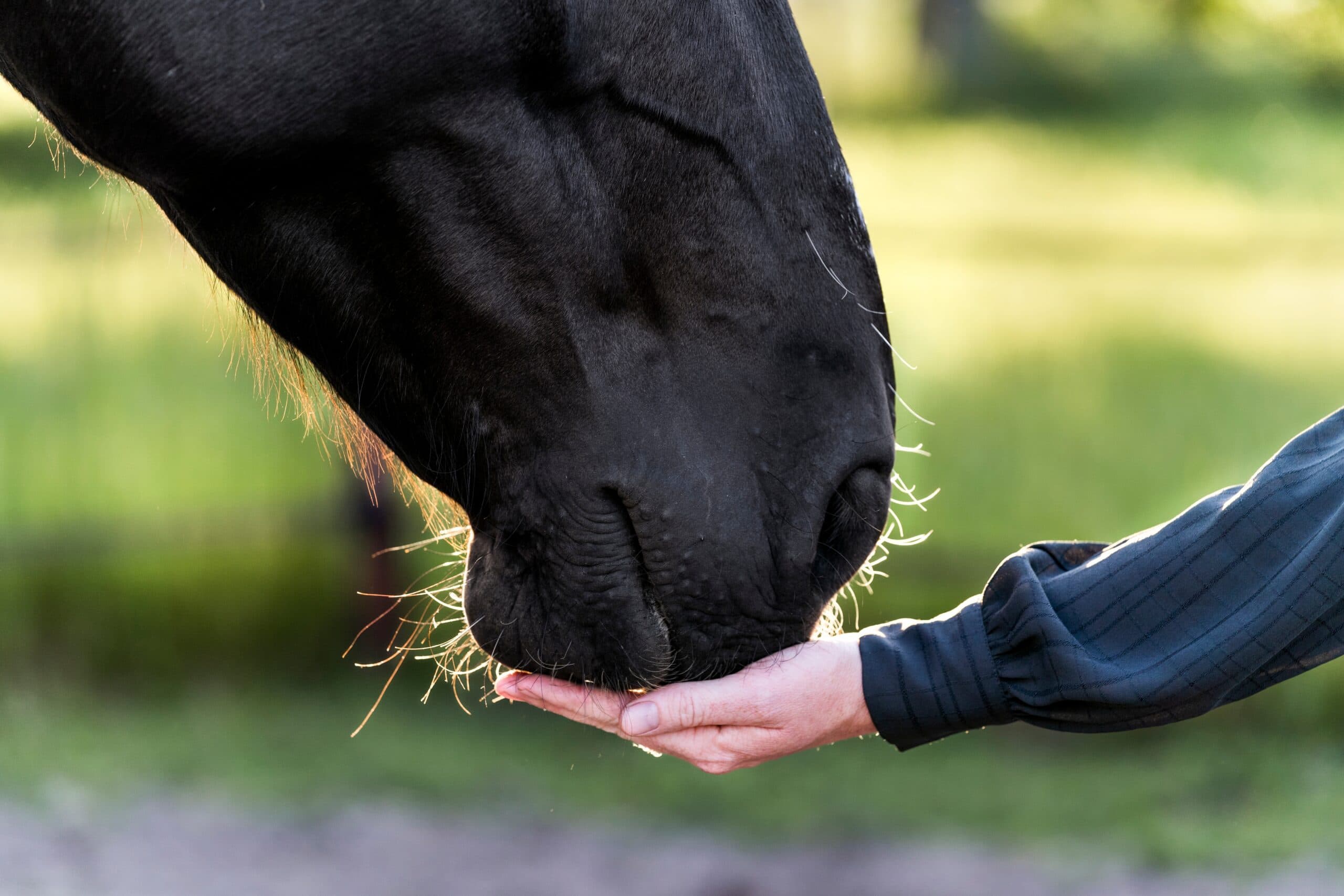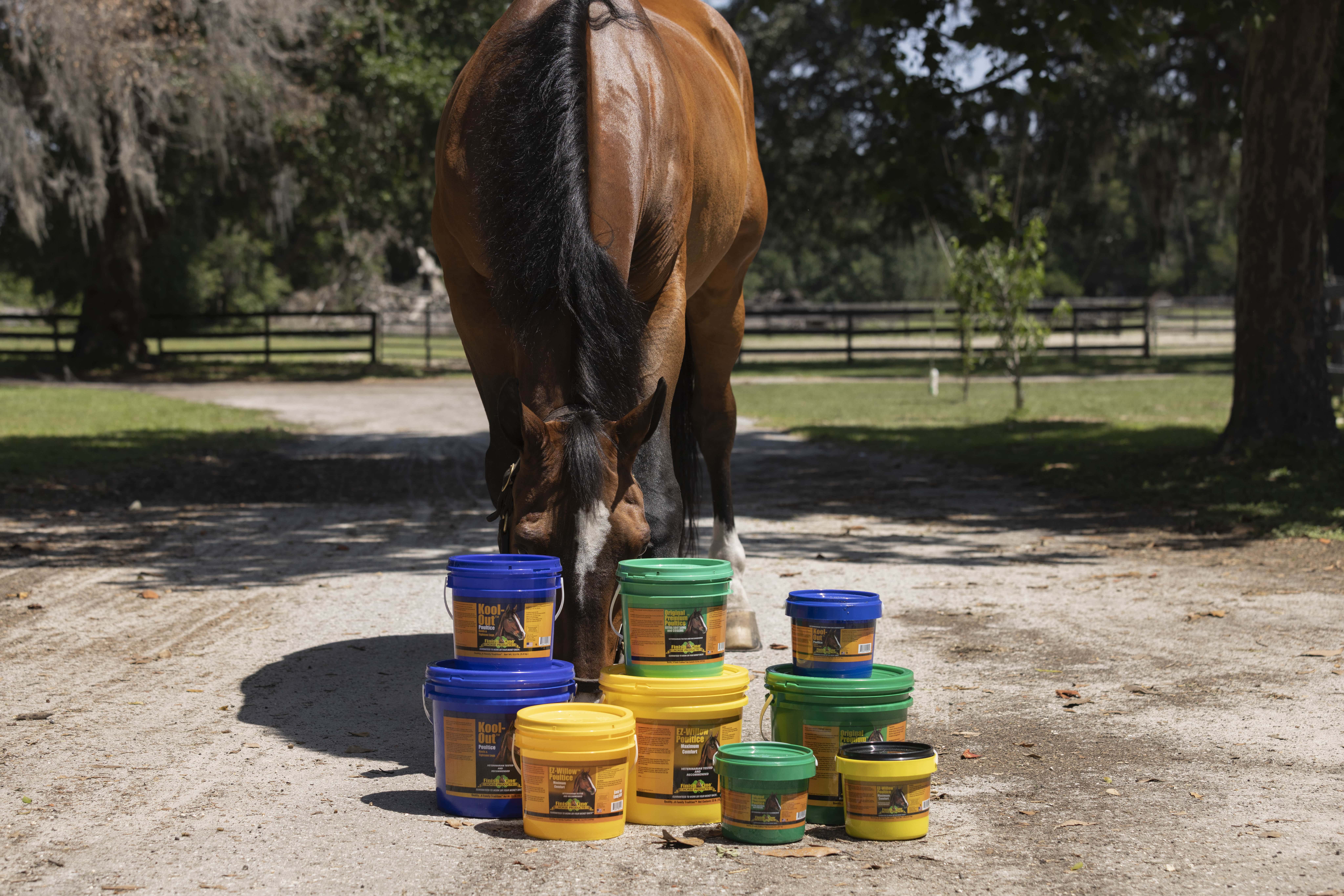The advantages to working alongside a horse are sometimes unexplainable. These noble creatures can make for lifelong companions, and exhibiting proper horse care will also provide owners with a better understanding of how majestic these animals are. One of the best examples of this is with equine-assisted psychotherapy, a practice that has slowly gained more ground within the medical community. While owning a horse can obviously change your life for the better, here’s a look into how equine-assisted therapy actually enhances the overall well-being of people who need it the most:
What is equine-assisted therapy?
According to the Equine Assisted Growth and Learning Association, equine-assisted psychotherapy is the involvement of horses for therapeutic programs aimed to improve mental and behavioral health as well as personal development. While this form of therapy is recognized as an alternative treatment to various ailments and conditions, the practice has picked up steam with medical research backing its therapeutic claims.
Equine-assisted psychotherapy (EAP) is more than just riding a horse or teaching the practices of horse care. While various programs have their own methods and strategies for EAP, the overall structure of a typical session will consist of communicative tasks, problem-solving opportunities and creative teamwork involving horsemanship to stimulate cognitive ability. EAP can be serviced through private lessons, youth group activities or family sessions, depending on the type of condition that’s being treated. Everything from ADHD, communicative disorders, anxiety to substance abuse has used EAP as a strategy for treatment, and there are a growing number of stables and programs around the country that are providing opportunities to participate in EAP.
EAP-related research
Various studies involving EAP have featured numerous subjects, ranging from couples therapy to troubled adolescents. What’s consistent with these practices of EAP is that the overall usage of horses contains problem solving scenarios that not only help demonstrate efficient horse care, but help the person learn various communication and analytical skills in the process.
A recent example of this came from researchers from Ohio State University, who sought out to see if EAP could be a beneficial tool for alleviating symptoms of dementia. The study featured several subjects who were diagnosed with Alzheimer’s disease, specifically to understand whether partaking in various activities and exercises involving horses could address the personality changes associated with progressing dementia.
The researchers used a scale from 0 to 4 to rate the occurrence of problematic behavior in the patients while dealing with the horses, 0 being no signs of erratic behavior and 4 being excessive irritability. The group that received weekly sessions of EAP averaged one point lower than the subjects who weren’t provided with EAP, and the researchers noted that individuals who worked with the horses were able to stay more physically active and remember their experiences with the animals.
Dr. Gwendolen Lorch, a professor at OSU and co-author of the study, also alluded to the change in environment being beneficial to the patients.
“I think another positive influence for these clients was the environment. They found the quietness and smells of the country very relaxing and restful. This was in contrast to their normal day care environment and their intercity dwelling,” Lorch said in a statement. “It is difficult to tell what factors made this successful, but we do know that it was most likely a combination of events.”
Emotional growth
One of the main uses for EAP is to help children and teens who are dealing with emotional or behavioral issues. Allowing such an adolescent to work specifically with horses is aimed as a means for helping them flush out the factors that trigger anger and anxiety, and instead channel focus upon providing care and developing a relationship with the horse. Teaching skills such as walking or tacking a horse as well as grooming, feeding or exercising tactics are designed to give these troubled minds a break from their problems, without having to engage in discussions with adults.
One study provided by researchers from Governors State University found that students diagnosed with an emotional disorder reported better management of emotions and behavior after engaging in EAP sessions, and the Aspen Education Group is one of several programs around the country that host EAP programs around the U.S. for emotionally conflicted youths.








